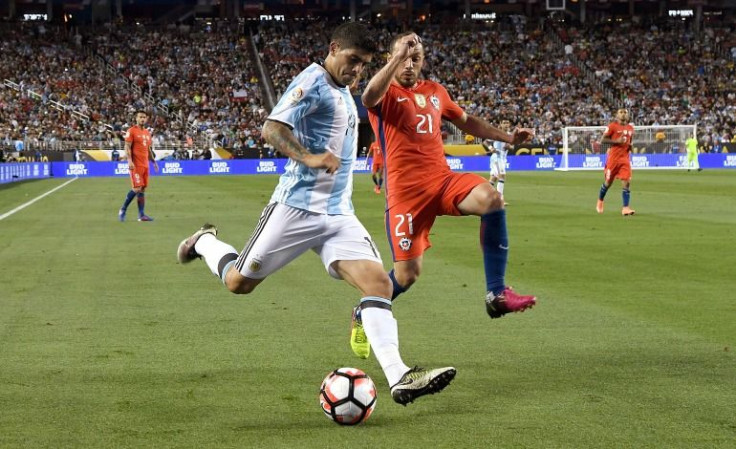
The 2016 Copa América games are off to a great start with Colombia, Venezuela, Panama, Peru, Mexico, and Argentina winning games in the first week of competition. The second week continues with a game between the U.S. and Costa Rica and a later game between Colombia and Paraguay on Tuesday night. This is the first time in 100 years that the renowned tournament is hosted in the United States ---the first of many.
In June 2015, Justino Compean, one of the three vice presidents of Concacaf, proposed that the Copa América remain permanently in the U.S. after the 2016 games. Now, it's been revealed that the Copa América will not return to South America after its special 100th year edition hosted in the states. In fact, it's expected to be played every fours years in the U.S.
According to ESPN Deportes, who delivered the exclusive Tuesday morning, there are a couple of things missing to make the final decision. "Conmebol asked to give their answer until after the tournament. But today, they are convinced that in the next congress it would be approved," states the website.
A total of 32 games, featuring the two confederations, are being played throughout the states in cities such as Orlando, Chicago, Houston, Seattle and Santa Clara.
A Concacaf spokesperson explained to ESPN Deportes the following: "They are convinced that [the U.S.] meets its requirements," they noted of the security, stadiums, press and access. "Besides, absolute flexibility in immigration procedures. Everyone is happy, including the players."
One person who will not be happy with the move is Uruguay Football Association president Wilmar Valdez, who admits it was a mistake to host the centenario in the U.S.
Valdez, who was extremely upset that the Chilean anthem was played instead of Uruguay's during their game against Mexico, states that the U.S. is "a country where they don't feel football" nor do they "live and breathe it" as South Americans do.
For the complete Copa América game schedule, click here.
© 2025 Latin Times. All rights reserved. Do not reproduce without permission.






